There is more than one way to learn the art and business of screenwriting. One of the more affordable and accessible ways? Books! Check out some of the latest recommendations below and snag as many as you can! I will try to make updated lists as often as possible! I’ve found some for features, pilots, production assistants, and the industry as a whole.
For Television
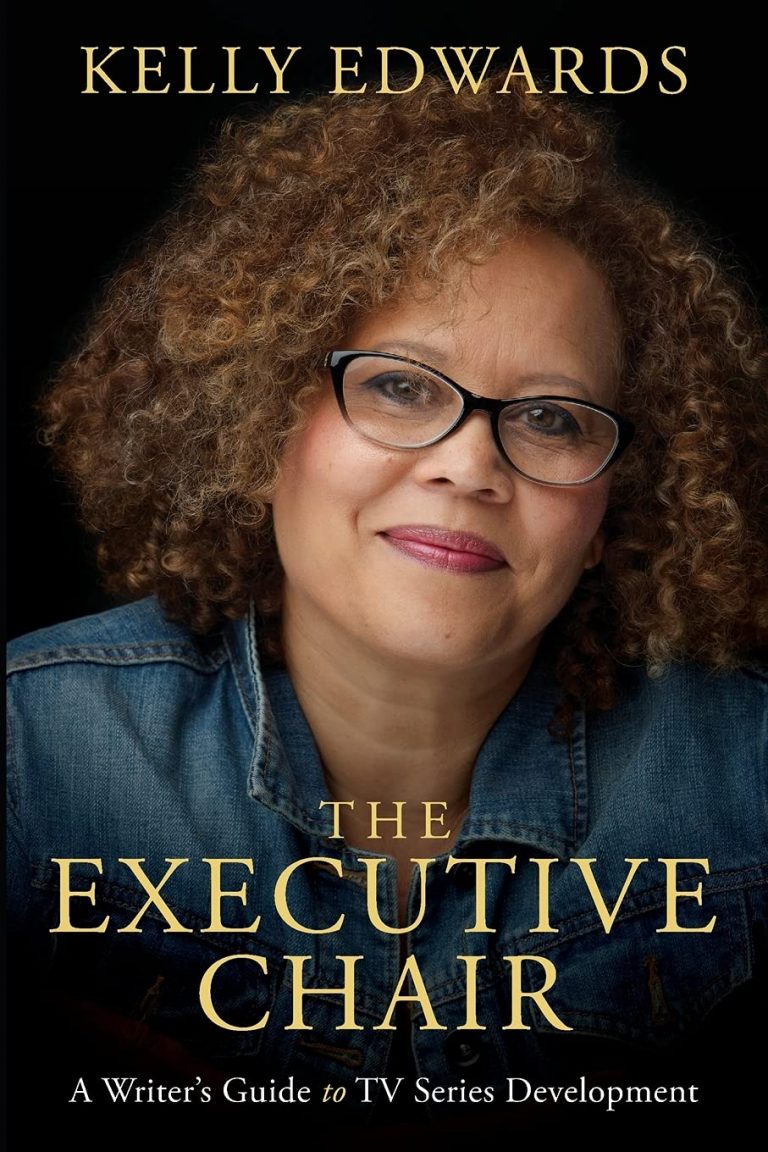
The Executive Chair - A Writer's Guide to TV Series Development
Former HBO exec and TV producer Edwards details how to make every pitch count while also giving you an inside look into the entertainment industry. The ultimate “how-to” from the insider who’s seen it all.
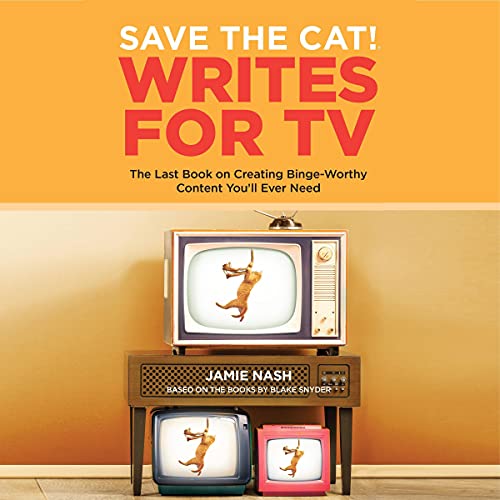
Save The Cat! Writes for TV: The Last Book On Creating Bingeworthy Content You'll Ever Need - Jamie Nash
For years, Save the Cat has been a popular series amongst screenwriters, particularly feature writers. Now, thanks to Jamie, there’s one with television writers on the brain.
For Features
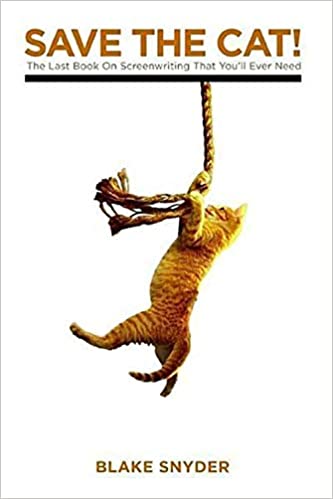
Save The Cat! The Last Book On Screenwriting That You'll Ever Need - Blake Snyder
The book is basically a staple in the film industry—the go-to of all feature writing books. Many a screenwriter you meet will discuss it, memorialize it, and recommend it. And no, I’m not being dramatic.
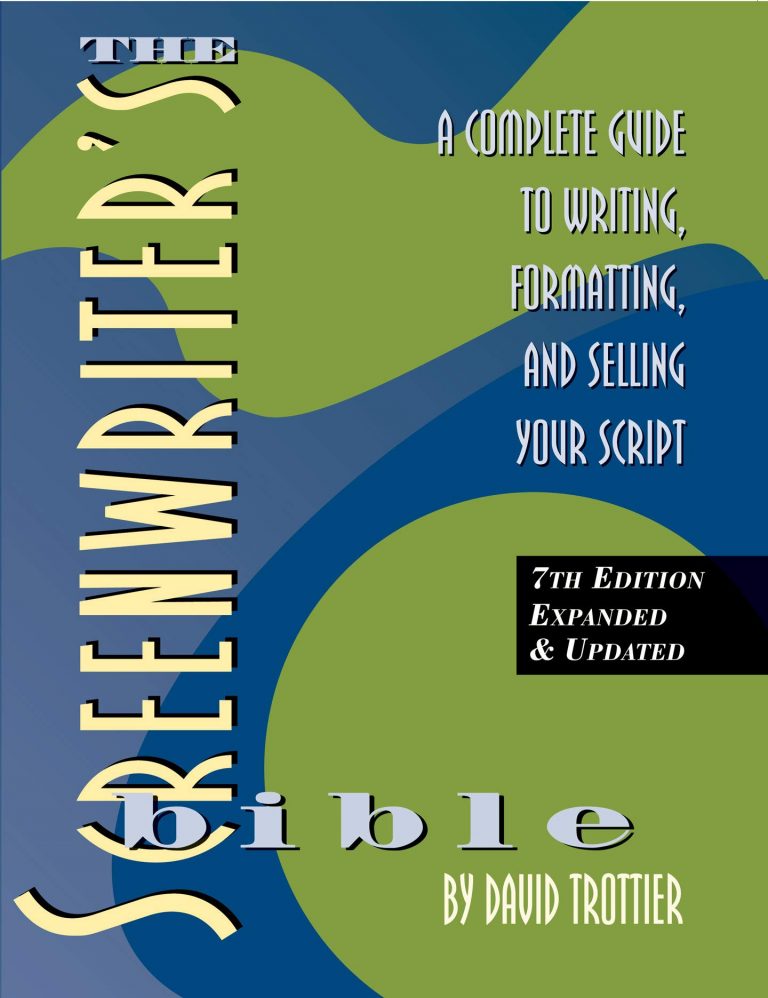
The Screenwriter's Bible - David Trottier
Like the previously mentioned “Save the Cat,” this book is another that comes highly recommended throughout the film industry. They don’t call it the “bible” for no reason.
For PA's & SC's
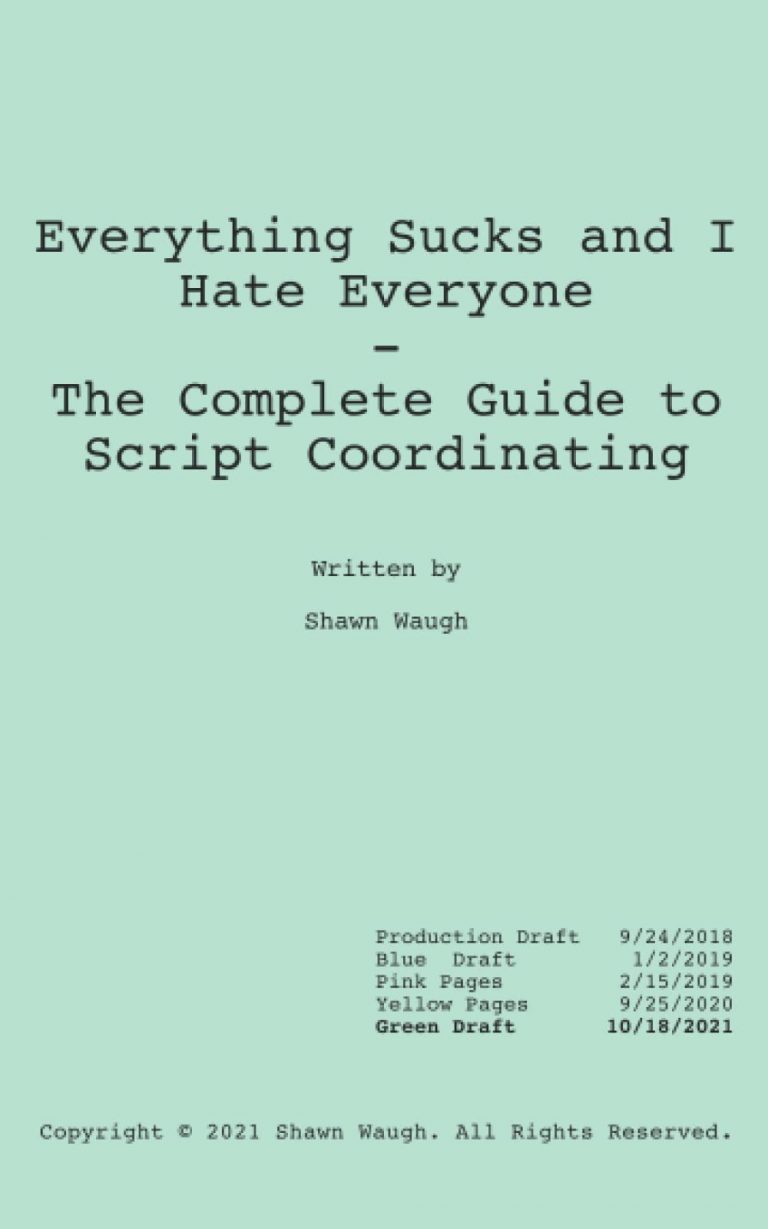
Everything Sucks and I Hate Everyone: The Complete Guide to Script Coordinating - Shawn Waugh
If ever there was a book to explain even a quarter of what it takes to be a Script Coordinator, it’s this one. A great read if you’re interested in “breaking in” through that position, or if you want to see what all goes into being an SC and give them their props.
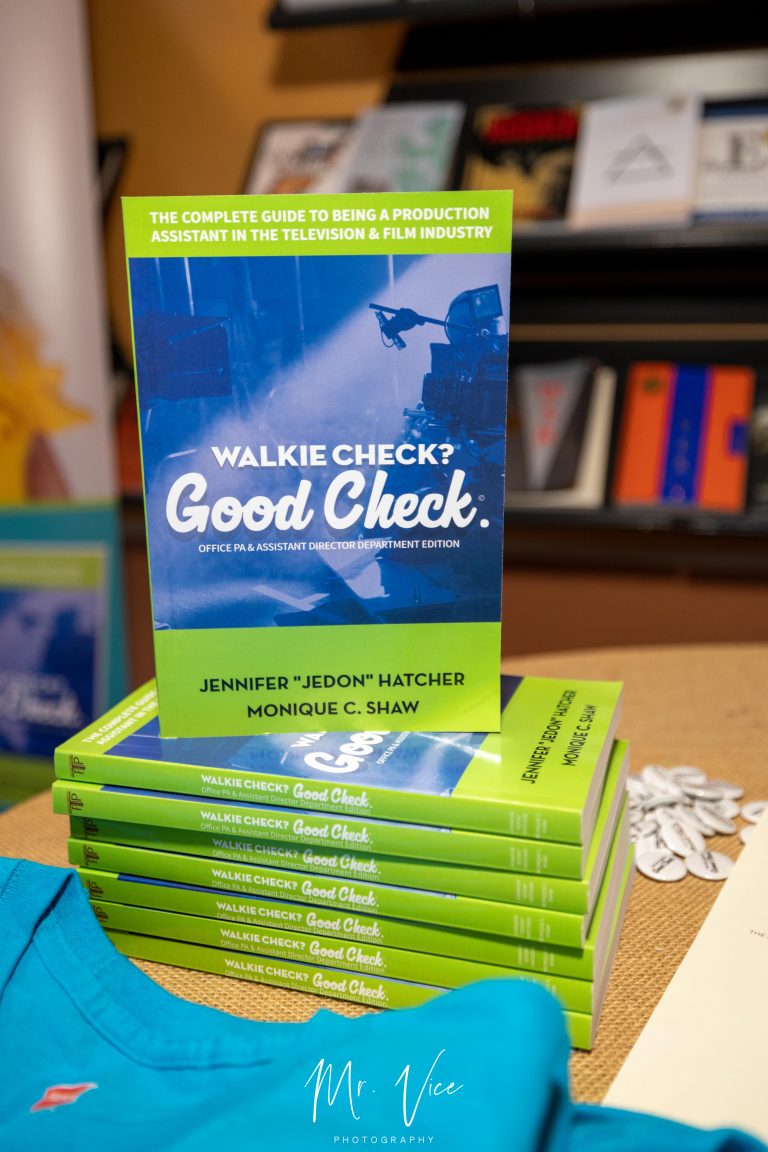
Walkie Check? Good Check. - Jennifer "Jedon" Hatcher and Monique C. Shaw
If you’re interested in being an Office PA or an Assistant Director, give this book a try. There aren’t many books that detail what it’s like on set through the eyes of a Production Assistant, although it can be one of the more untraditional ways to “break-in” as a screenwriter as well!
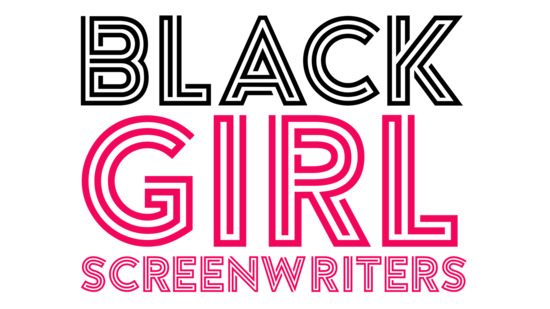
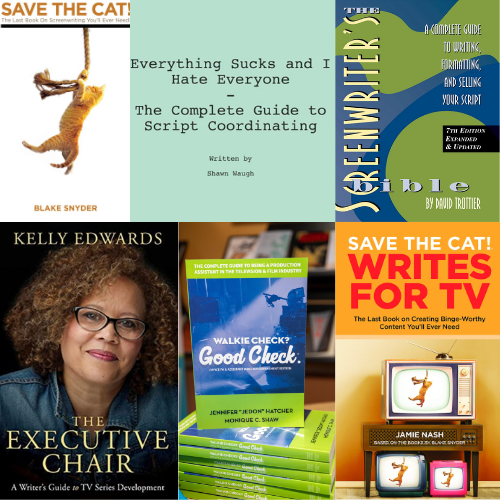
Mark
Thanks for your blog, nice to read. Do not stop.